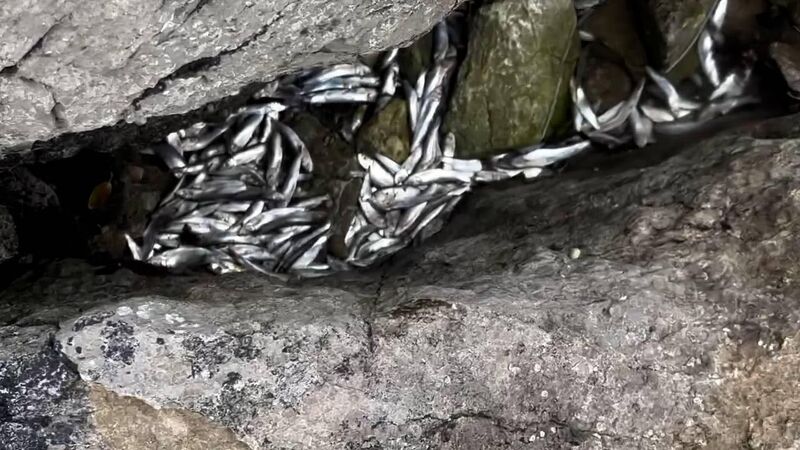Irish Examiner view: We need monitoring tech in the wake of Blackwater fish kill disaster

Cork County Council’s proposed real-time water quality monitoring systems are a no-brainer — especially after the disastrous Blackwater fish kill. File picture
The report last week into the mass fish kill in Cork’s Blackwater River — the worst in the State, with at least 32,000 salmon and trout dead — did not have the answer anglers and environmentalists wanted.
Local groups said they were shocked and appalled that it found no cause for the incident which rightly sparked alarm among those who use the river — indeed, among all people who care about Ireland’s natural environment.
















